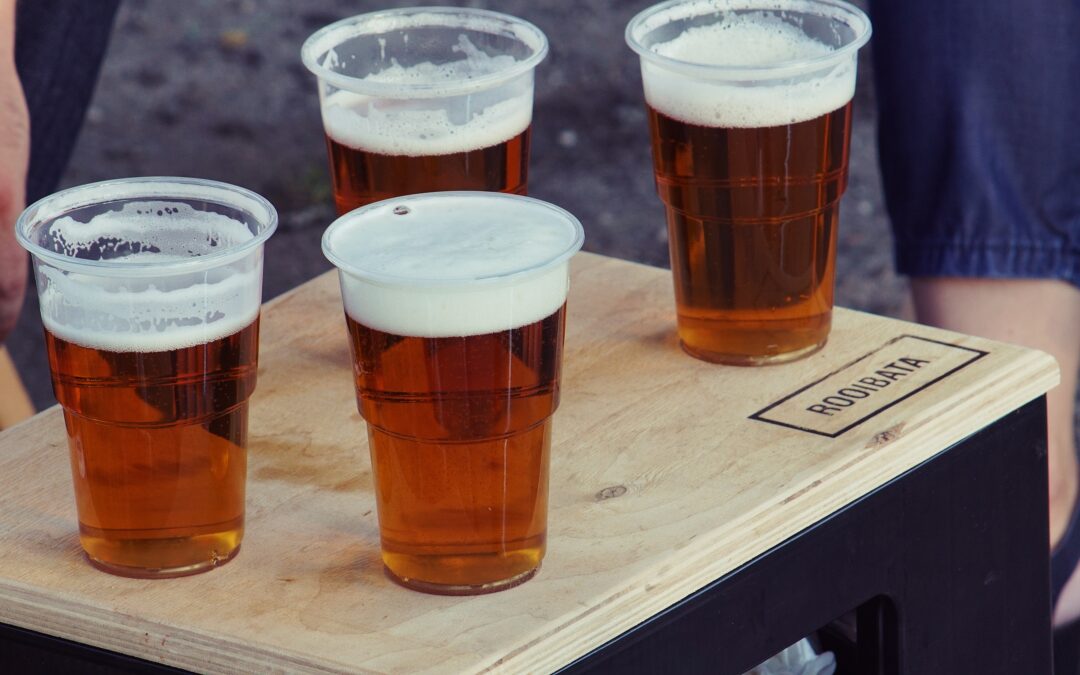Whether you enjoy casual exercise, are in the gym every day, or compete in regular matches or events, it’s good to understand the effects alcohol can have on sports performance and fitness.
Alcohol use is widespread in the realm of sports. Consumption ranges from the weekend warrior guzzling a beer after completing a 5-k run to elite athletes popping champagne in the locker room after a championship win. Alcohol is often used as a means of celebration or relaxation, and athletes frequently consume drinks without much thought of the acute and chronic effects on performance and health.
Alcohol’s path to oxidation is complex, and both short- and long-term use affects most systems of the body. Factors such as genetics, gender, amount of alcohol ingested, body mass, and nutrition status help explain the large variance in effects that alcohol has within and across individuals (1,4).
The effects of alcohol on a person depend on the amount consumed and individual tolerance. Some studies show that a small amount of certain kinds of alcohol (namely red wine) may have a protective effect on the cardiovascular system, but even a few drinks can nullify your hard work by erasing the effects of your workouts, reducing your endurance, and compromising your mental fortitude. Bottom line, keep track of the number of drinks you have, and how you feel during, the morning after, and in the following days to get an idea of your personal tolerance.
The effects of alcohol on muscle development and recovery
Muscle health is the key to successful athletic performance, and science shows that alcohol can rob you of your hard work in the weight room. Here’s why, courtesy of www.stellarspins.com:
Impairs muscle growth
Not only does working out under the influence increase your likelihood of injury, but it can also impede muscle growth. Long-term alcohol use diminishes protein synthesis, resulting in a decrease in muscle growth. Even short-term alcohol use can affect your muscles.
Dehydrates your body
If you want to optimize your athletic performance, then you want your recovery from sore muscles to be as fast as possible. Alcohol has been shown to slow this process because it is a powerful diuretic, which can cause dehydration and electrolyte imbalances. And when dehydrated, an athlete is at a greater risk for cramps, muscle pulls, and muscle strains.
Prevents muscle recovery
Getting enough rest is essential to building bigger and stronger muscles. However, because drinking alcohol negatively affects your sleep patterns, your body is robbed of a chemical called human growth hormone (HGH) when you drink.1 HGH plays an integral role in building and repairing muscles, but alcohol can decrease the secretion of HGH by as much as 70 percent. Additionally, binge drinking can reduce serum testosterone levels. Decreases in testosterone are associated with decreases in lean muscle mass and muscle recovery, which can impair performance.
Depletes your energy
After alcohol is absorbed through your stomach and small intestine and moves into your cells, it can disrupt the water balance in your body. And an imbalance of water in your muscle cells can hamper their ability to produce adenosine triphosphate (ATP), which is the essential fuel for all cells, including those in our muscles. A reduction in your body’s ATP can result in a lack of energy and loss of endurance.
Slows reaction time
Lastly, even small amounts of alcohol can result in a slowed reaction time and decreased hand-eye coordination. Not only can this impair performance, but a slowed reaction time can increase your risk for injury.
The effects of alcohol on memory
Performing your best often involves learning plays or strategies for an event. Alcohol impairs the functioning of the hippocampus, a part of your brain which is vital to the formation of memories. If you can’t form new memories, you can’t learn and store information.

